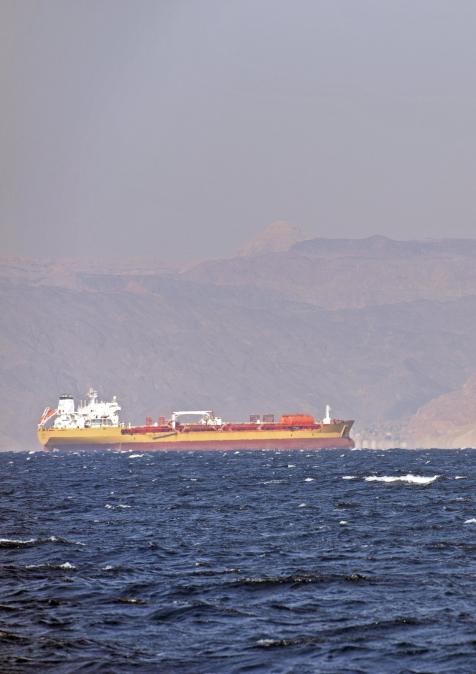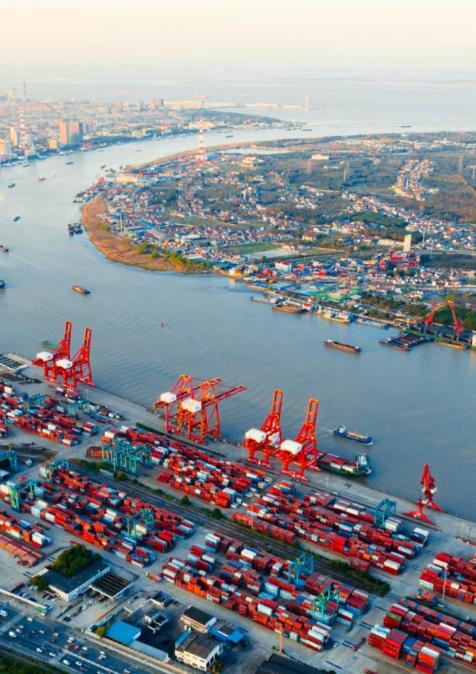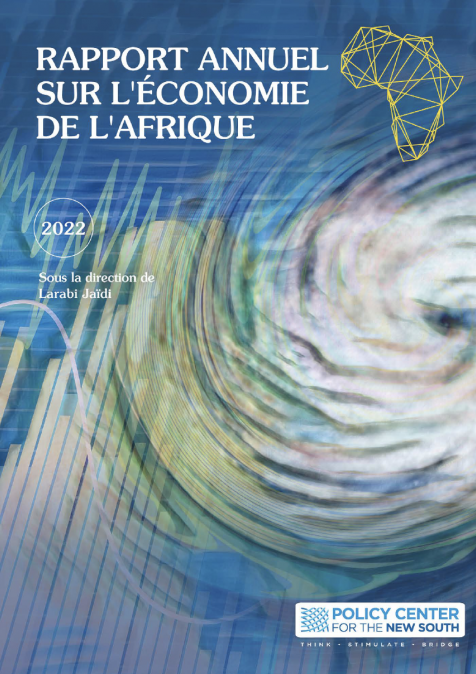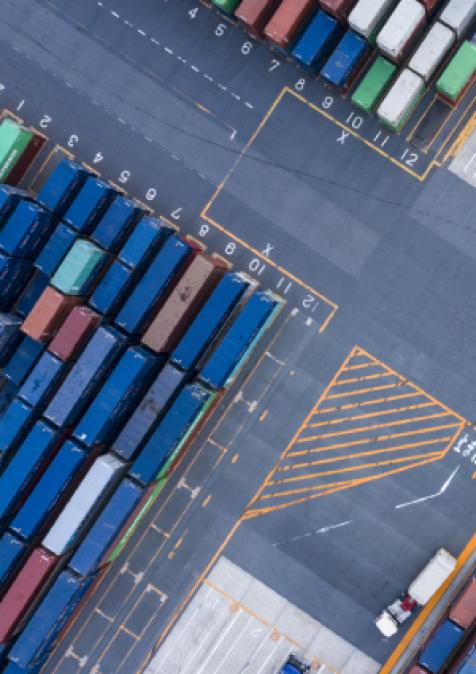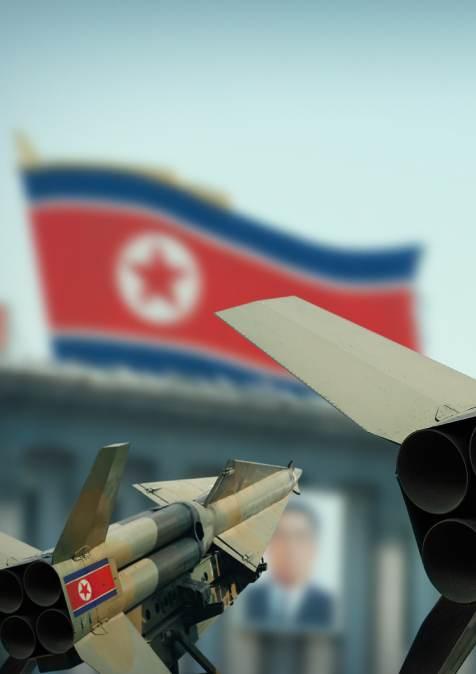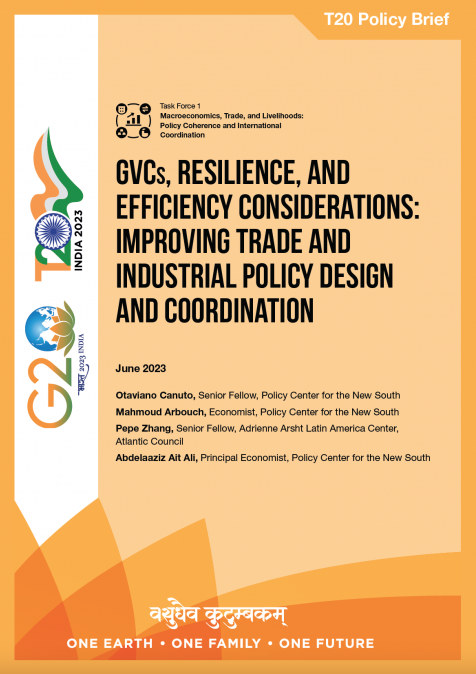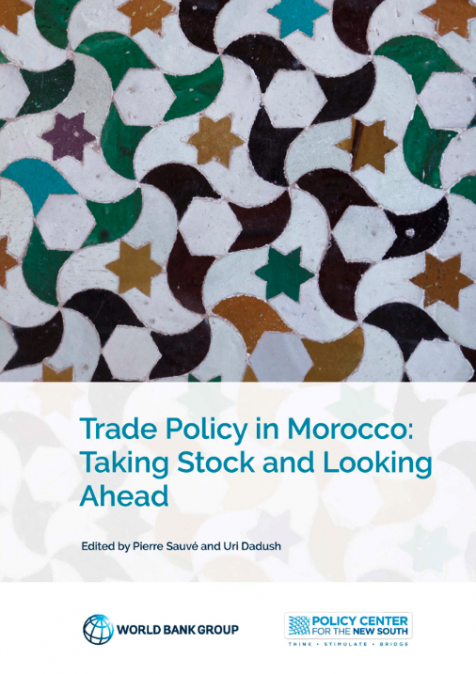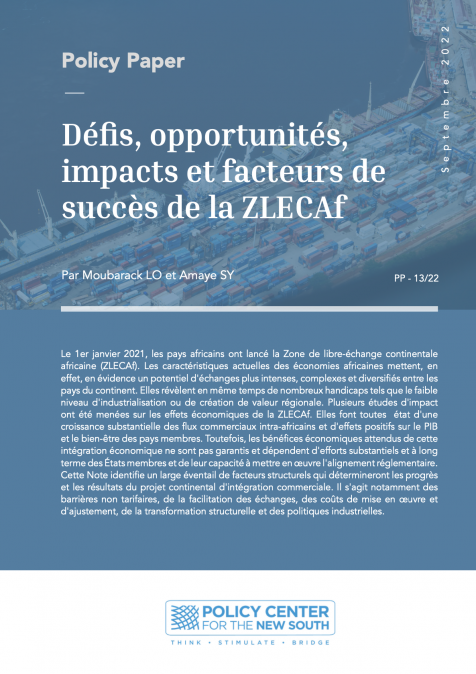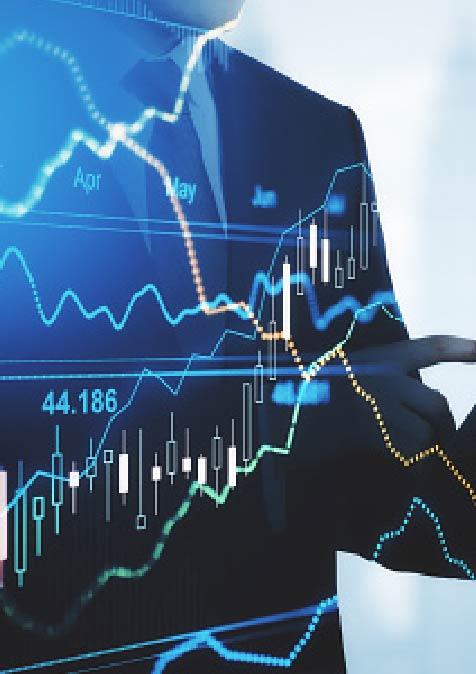
April 18, 2024
The writing of this Report started in november 2023 and benefited during six months from the quality of discussions in the Policy center. Paul Isbel, Professor at UM6P, was a relentless proofreader who generously brought his outstanding competence in economy and political economy. Stephen Gardner went beyond his role as linguistic proofreader and showed an admirable understanding of the substance at stake. Under the direct supervision of Professor Abdelaziz Aitali, the Economic Depa ...

